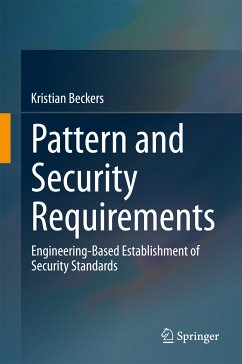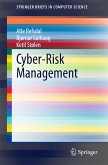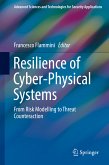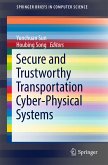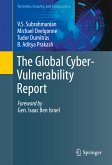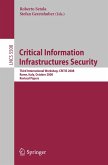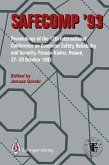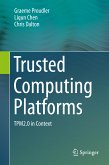Standards such as Common Criteria or ISO 27001 are explored and several extensions are provided to well-known SRE methods such as Si*, CORAS, and UML4PF to support the establishment of these security standards. Through careful analysis of the activities demanded by the standards, for example the activities to establish an Information Security Management System (ISMS) in compliance with the ISO 27001 standard, methods are proposed which incorporate existing security requirement approaches and patterns.
Understanding Pattern and Security Requirements engineering methods is important for software engineers, security analysts, and other professionals that are tasked with establishing a security standard, as well as researchers who aim to investigate the problems with establishing security standards. The examples and explanations in this book are designed to be understandable by all these readers.
Dieser Download kann aus rechtlichen Gründen nur mit Rechnungsadresse in A, B, BG, CY, CZ, D, DK, EW, E, FIN, F, GR, HR, H, IRL, I, LT, L, LR, M, NL, PL, P, R, S, SLO, SK ausgeliefert werden.

